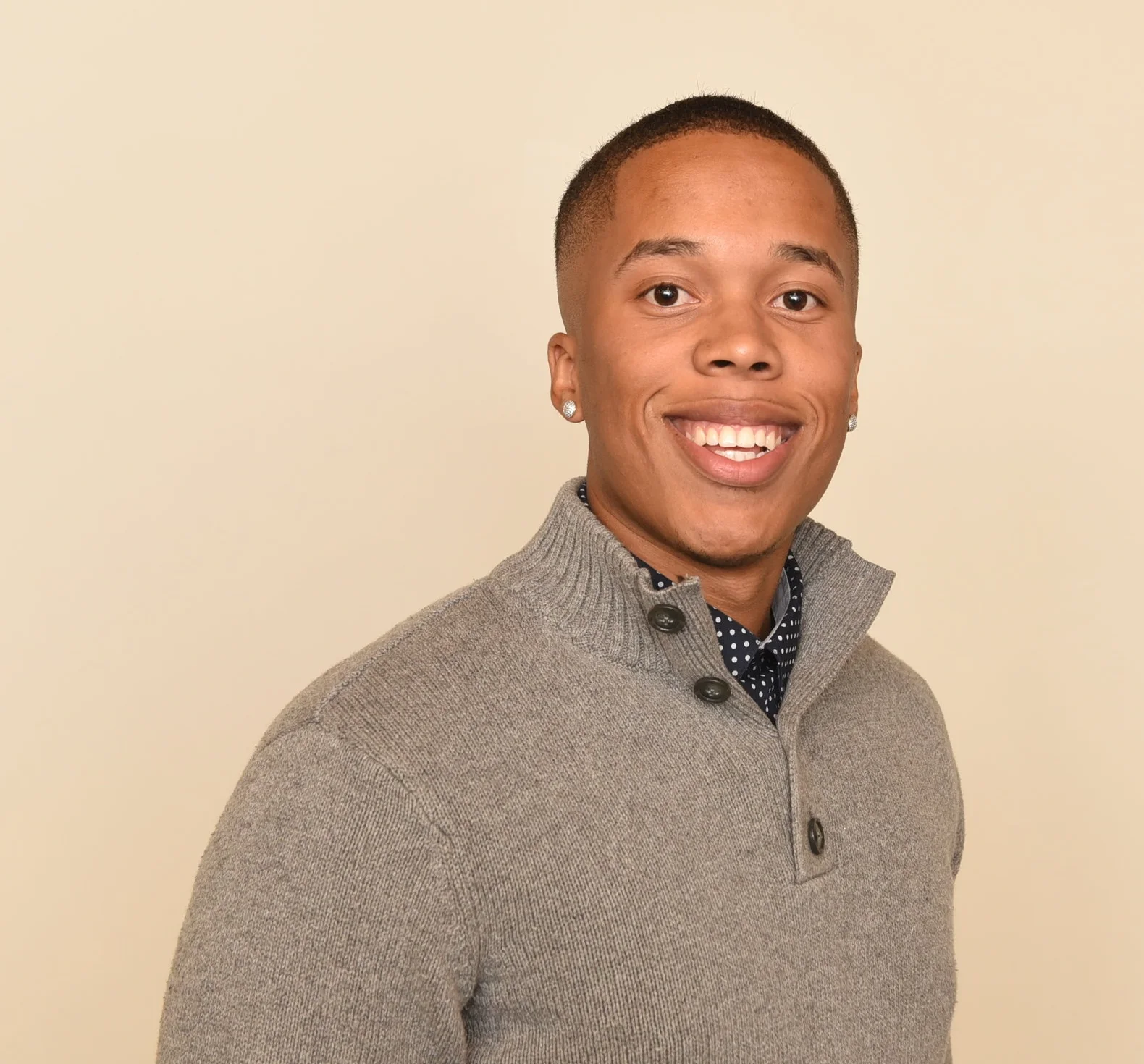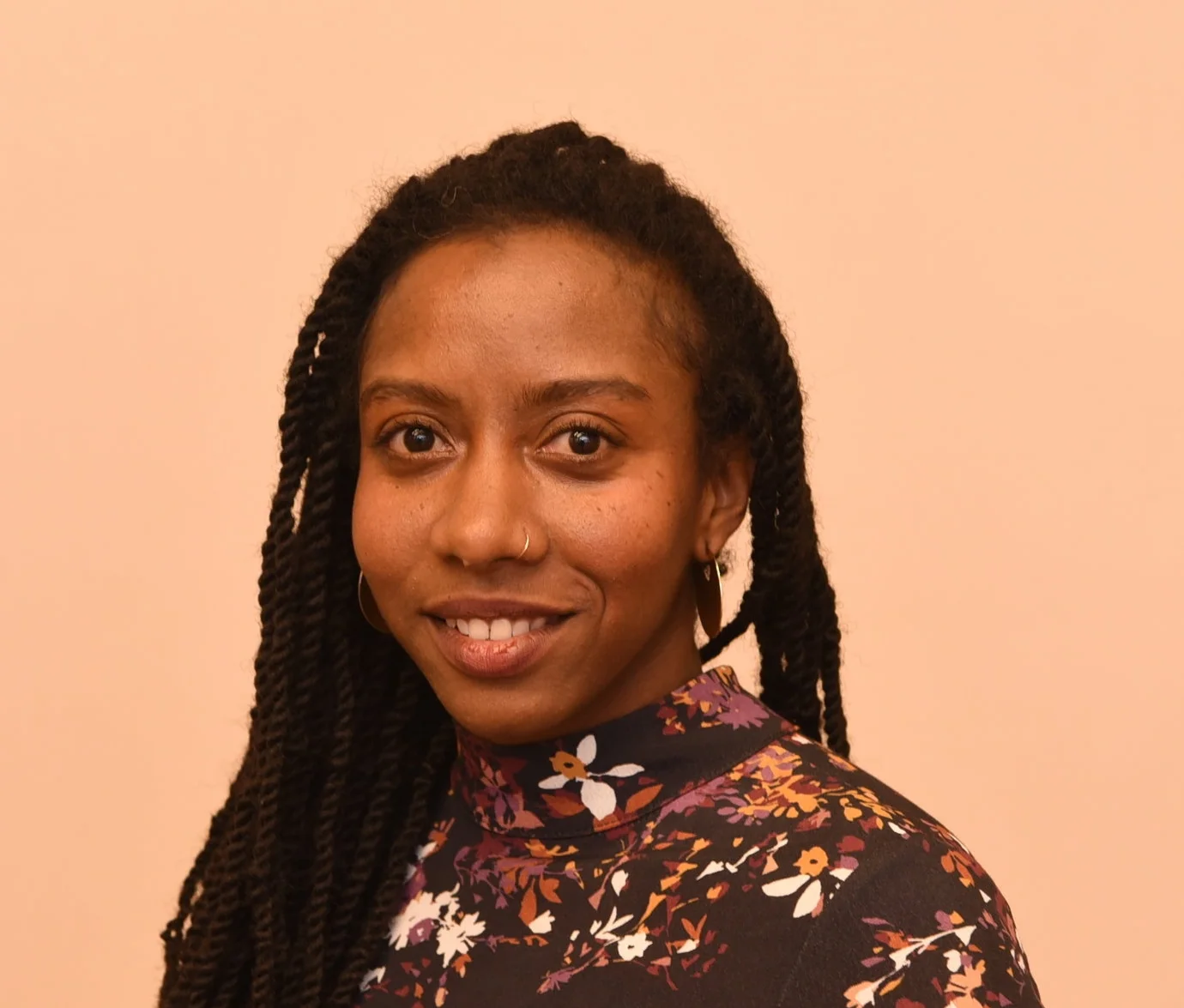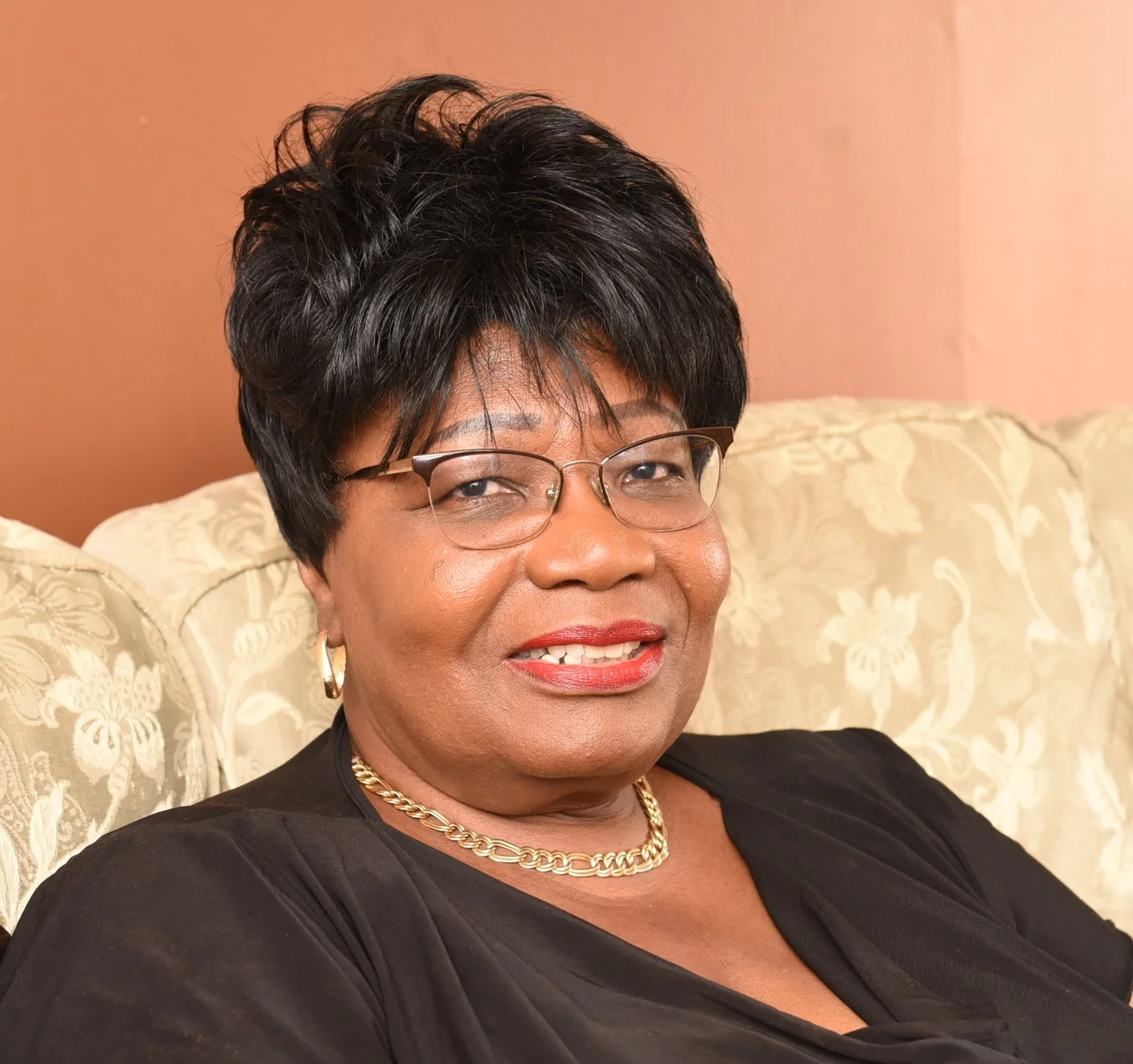CCJ president was beneficiary of Canadian scholarship
November 7, 2018
Canada will always be near and dear to Caribbean Court of Justice (CCJ) president Adrian Saunders.
The head of the highest appeal court in the Caribbean was the beneficiary of a Canadian scholarship 45 years ago that enabled him to pursue law studies.
Sworn is last July as the third CCJ president, Saunders reminisced on the good fortune while in Toronto last month for the St. Vincent & the Grenadines Association of Toronto (SVGAT) celebration to mark the islands’ 39th independence anniversary.
Following a referendum, the island country became the last of the Windward group to sever ties with Britain on October 27, 1979.
“As the last of five children, my parents couldn’t afford to send me to university,” the Vincentian said. “That scholarship came at the right time and made a huge difference in my life.”
Taking an examination was a requirement for scholarship candidates. It was during that process that Saunders chose to study law.
Unsure of what he wanted to pursue, late University of the West Indies (UWI) extramural tutor Henry Williams suggested that Saunders consider law.
“I was in a quandary as I didn’t want to come back home and teach,” Saunders recounted. “Mr. Williams said, ‘Why don’t you put down law as they had just opened a law faculty in Barbados’? I said, ‘sure’, and I passed the exam and got the scholarship. That’s how I got into law and fell in love with it.”
Among the first graduating cohort in 1975, Saunders returned to the Cave Hill campus on October 13 to be conferred with an honourary degree.
He still treasurers the UWI experience.
“For the second and third year of the three-year program, students had to go to Barbados,” Saunders, a founding member of the Caribbean Association of Judicial Officers, said. “So there were students from every part of the Caribbean there. I was exposed to the various cultures and I formed lifelong friendships. That experience helped to develop my Caribbean consciousness and I was imbued with a spirit of regionalism.”
While studying law, Saunders had the opportunity to attend a meeting featuring late academic and political activist Dr. Walter Rodney.
“That was a first for me seeing him live and it was a real special occasion,” he said. “It was held at a union hall and Rodney’s audience was working Barbadian people. He spoke about colonialism and the South African freedom struggle and was very convincing and clear.”
Saunders has been with the CCJ since its establishment in April 2005 to ensure a uniform interpretation and application of the revised Treaty of Chaguaramas, thereby underpinning and advancing the CARICOM Single Market and Economy. It is also the region’s final appellate court that adjudicates cases from Guyana, Barbados, Belize and Dominica.
Other countries have not signed on for myriad reasons, ranging from concerns over the court’s independence to the cost of holding referendums to effect the required constitutional change and political expediency.
“Where the holding of a referendum is necessary, a vote that exceeds 67 per cent is required and that’s a high threshold,” said Saunders. “In countries where there is no need for a referendum, there’s a need for a qualifying parliamentary vote that invariably requires the support of the opposition. The state of politics in most Caribbean countries is such that anytime you absolutely need the opposition in order to proceed on some step, you have all sorts of things coming into play as the opposition might feel this is an opportunity for them to demand some quid pro quo which is one the government isn’t prepared to accede to. So there is a stalemate.
“In addition, there are some citizens who aren’t convinced that CCJ judges are competent as those at the Privy Council. Some don’t trust the CCJ to be independent of the political directorate. Some simply feel it is better to have a court that’s far away in England staffed by people who don’t know Caribbean people. Some take the view that there are problems in the local justice sector and you shouldn’t impose another regional layer on it. They believe you should spend time fixing the local justice system.”
While Saunders respects others’ opinions, he believes the arguments put forward against the adoption of the CCJ as the final appellate court don’t hold water.
“With the Privy Council, you have a court that functions almost as a post office box,” he noted. “You send in an appeal and you get out a result. That level of work involves interfacing with local judges and justice systems, training local judges and getting involved with the staff and helping to tweak areas when bottlenecks arise. The Privy Council judges aren’t invested in those things because they are not of us. They do that for the United Kingdom which is natural because they are of the United Kingdom. Their only relationship with the Caribbean is to give you the result and the reasoning underpinning the result of an appeal that you send to them. That’s not the be-all and end-all of final courts.”
To underscore the importance of the CCJ, Saunders pointed to Guyana whose justice system, he said, is far better and efficient now than it was 13 years ago.
“We have been instrumental in helping them to implement new procedural rules so that cases take two years instead of 15 years and longer,” he pointed out. “We have been instrumental in training their judges in best practices and new techniques. We also have been instrumental in training lawyers in the use of the new rules.”
Established as a court for 10 Caribbean states in its appellate jurisdiction, Saunders pointed to the paucity of states embracing the CCJ as the agency’s biggest challenge.
“It is really disappointing that we only have four,” he said. “A practical consequence of this is that our jurisprudence as a region can be fractured in the sense that the Privy Council can have an approach to a particular issue that’s different from the CCJ. If we are trying to develop regionalism and to have common approaches to our jurisprudence, then it is much more seamless for there to be a single final court in the region dispensing justice for all the various states. It will help in terms of regional integration and it would complete the circle of independence because that is not just about the ability to make your own laws. It is about the ability to interpret and apply those laws. It seems to me there’s a problem in proudly electing persons to parliament to make your own laws and then leaving it to British judges in England to interpret and apply those laws. I find that to be an anomaly.”
In private practice for 19 years, Saunders served as an Eastern Caribbean Supreme Court (ECSC) judge in 1996, a High Court judge the following year, a judge in Montserrat and Anguilla for four years up until 2001 and a judge in St. Lucia for two years.
He was an ECSC Justice of the Appeal in 2003 and acting chief justice of that court before joining the CCJ that has made some landmark rulings.
The court affirmed the rights of the Mayan indigenous communities over their traditional lands in Belize, ruled two terms only for Guyanese presidents and decided in favour of Jamaican Shanique Myrie who, it found, was wrongfully denied entry into Barbados, subjected to a humiliating cavity search and unlawfully detained overnight in a cell before being expelled from the country.
Saunders, the course director of the Halifax-based Commonwealth Judicial Education Institute, said the Myrie ruling proved that the court provides justice for ordinary Caribbean people.
“She didn’t have the financial means,” he said. “But what she did have was a conviction that she could get justice at the CCJ because what was done to her was unjust. She had the courage to come to the CCJ, local Jamaican judges worked for her pro bono, and she got justice. I think that this brought home to people from across the Caribbean region that those rights which are enshrined in the Treaty of Chaguaramas are not meaningless.
“In the appellate jurisdiction, we have had a number of judgements, particularly in constitutional law that have assured the people of those countries who have been sending their appeals to us that here is a court that’s accessible. We go out of our way to facilitate appeals for people without financial means. If they don’t have the filing fees, we waive them. About 13 per cent of the cases that come before us are cases where we the application has been made for that and we have granted it. We go further. If it is that the applicant is unable to find a lawyer or hire one, we would invite the bar association of their country to nominate one of their members to argue that case once we are satisfied that the complainant has an arguable case.”
Saunders was a member of the ECSC that handed down the historic decision in determining that the death penalty should be outlawed as cruel and inhumane and that there should be some discretion in deciding whether, in any particular case, a convicted murder should be hanged or not.
The Privy Council upheld the decision.
In 2004, CARICOM’s Prime Ministerial sub-committee on cricket appointed Saunders – a former national table tennis player and a cricket enthusiast – to act as a judge-advocate and deliver a binding ruling in a heated contract dispute between Cricket West Indies and the West Indies Players Association.
At the independence celebration in Scarborough on October 27, the SVGAT joined the Vincentian government in honouring Saunders for his outstanding contributions to jurisprudence in the Caribbean and his ascendancy to the CCJ presidency.
Former SVGAT president Malcolm Garraway, who is unwell and was unable to attend the event, was awarded honourary life membership while scholarships were presented to Lavon Johnson, Kefira Thompson and Andre Mullings.
Andre Mullings (Photo by Ron Fanfair)
A fourth-year law & business student at the University of Waterloo, Mullings paid tribute to his mother – Karla Rance -- for setting the tone for his development.
“My parents separated when I was in Grade Three and my mother did her best to ensure we finished high school and pursue post-secondary education,” he said. “My brother graduated from Ryerson University and my sister is going to Durham College.”
Mullings, who did internships at Microsoft and Blackberry, is considering pursuing an MBA or going to law school.
Thompson is a first-year student in Humber College’s hotel & restaurant operations management program while Johnson is a third-year criminology & justice student at the University of Ontario Institute of Technology.
Kefira Thompson (Photo by Ron Fanfair)








